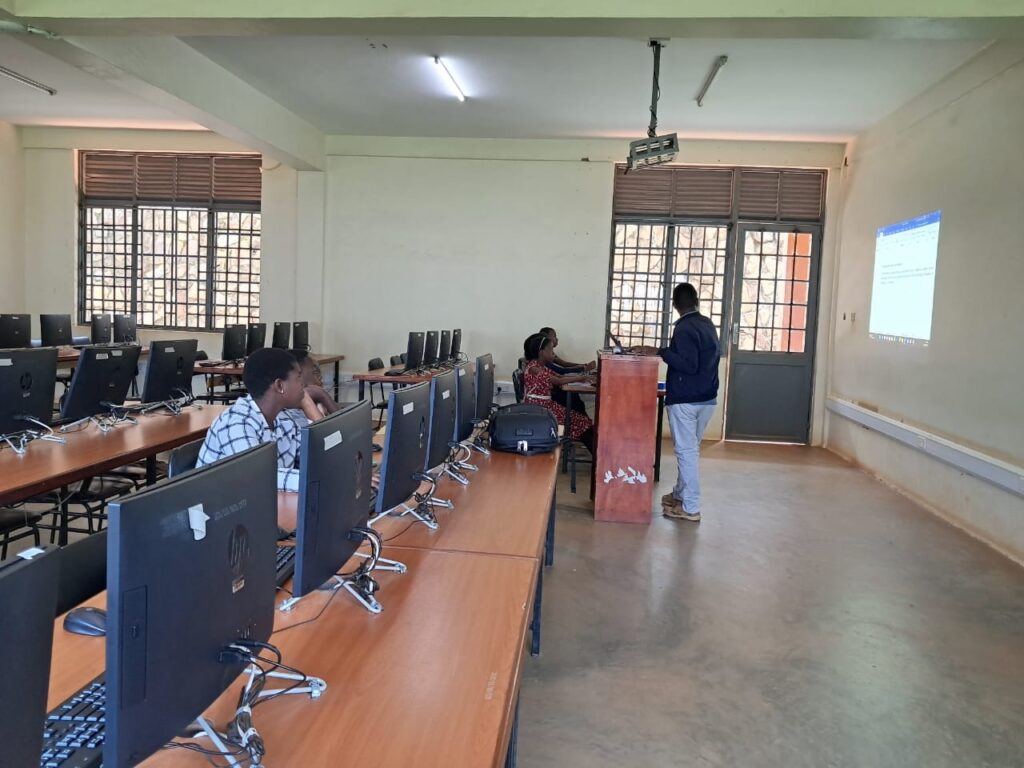By Asenath Were
The Uganda Christian (UCU) department of computing and technology has introduced a short courses’ programme targeting the young generation of ages 9–15, respectively.
These are in a range of fields such as computer science, robotics for kids, data science, artificial intelligence, basic cyber security, and some other basic computer applications.
Innocent Ndibatya, the head of the department for computing and technology, pointed out that this programme has been put in place to address the lack of entry-level skills for people incompetent enough to use the computer.
To him, with the introduction of the new high school curriculum that is competence-based, it will require people with entry-level computer skills to be able to study, innovate, and work on problems during school.
He says they expect people from the lower levels, between the ages of 9 and 15. “So that they can get competent and get used to the computer applications, which range from normal usage of operating systems, usage of text editing software, and being comfortable online, that is to say, sending emails, to understanding the basic networking connected to devices.” Ndibatya said.
“The other part of short courses for the lower-level students in primary seven and high school has ‘robotics for kids’ which solves the problem of a lack of skills for the next generation of industry.” He stated.
Robotics for kids helps stimulate their knowledge and innovation in solving scientific, technological, engineering, and mathematical (STEM)-related problems.
According to Mildred Nampala, the computing intern in charge of the short course programme, this age was chosen to help them develop a problem-solving skill so that, with the skill, they are able to be independent in the future and nurture their creativity.
Nampala said that the department plans to track the students’ records so that their progress is followed up even after they complete the short course.
“Time is not enough, but we are trying so hard to summarise each and everything so that, at the end of their training, they will be able to put what they have learned into practice.” She highlighted.
She says that the short course programme is not a one-time thing for the department because, according to her, they are already planning to send out an application link for the February-March intake.
The programme, which commenced on January 8, will run up to February 2.


